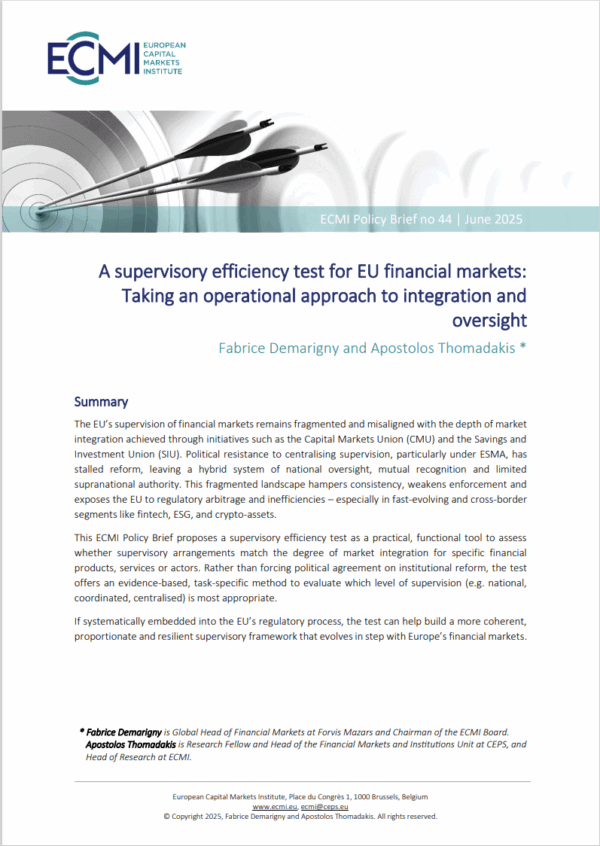Because of their stable revenue streams, their credibility and the fact that delayed transactions go against government interests, it should be expected that public administrations are reliable payers. As they are the ones establishing legal payment terms in the first place, they are supposed to be the first to respect them, particularly as they are held to higher accountability standards than businesses. Additionally, to foster a culture of prompt payments, public administrations should act as a role model for what they expect from the private sector.
Yet late payments from public authorities persist. Given the importance of the public sector for the entire economy, these delayed transactions have an impact on cashflows and can have severe consequences on companies’ liquidity, particularly for SMEs and for those sectors more reliant on public procurement, such as construction and healthcare.
This report aims to provide a deeper understanding of the issue of G2B late payments by examining underlying causes, the available data and the effectiveness of Member State strategies. By assessing the existing information, it also aims to pinpoint the data shortcomings that create obstacles to a more comprehensive analysis.

This is a report written in the context of a European Commission project to set up a European Payment Observatory. The report was originally published here.








